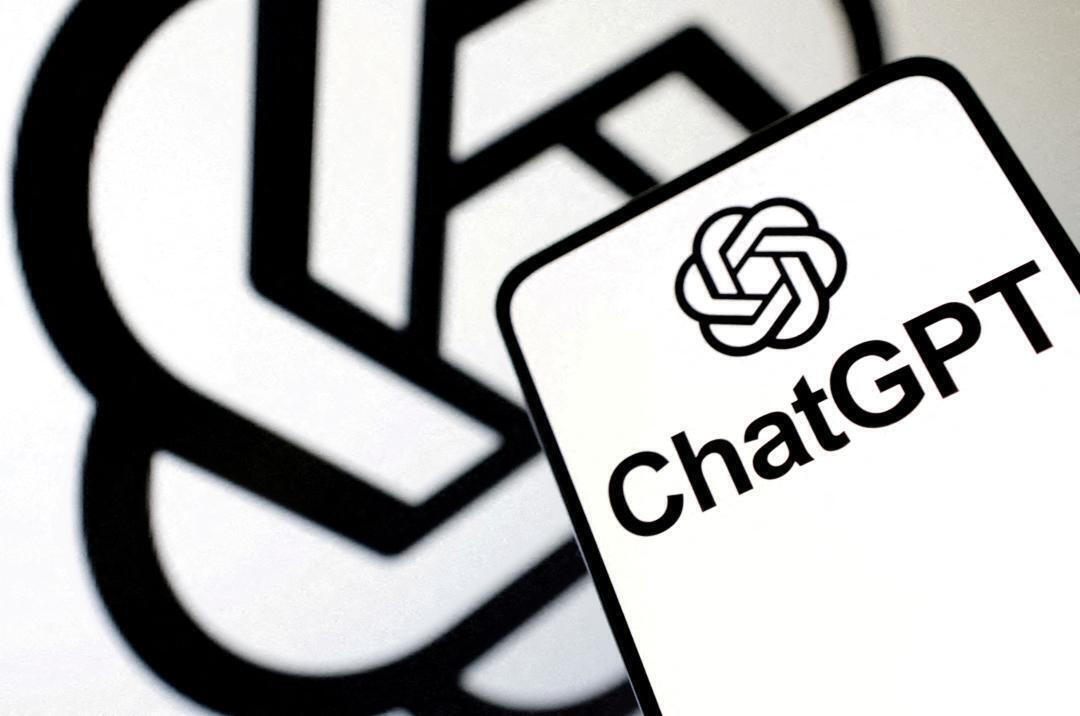
I gave ChatGPT salary details & it fixed my finances, says man
In a remarkable turn of events, a US-based author and entrepreneur has credited ChatGPT, a cutting-edge language model, with helping him achieve financial clarity and stability. Adrian Brambila, the entrepreneur, has shared his incredible story of how ChatGPT’s 7 prompts transformed his finances, eliminating the need for spreadsheets, budgeting apps, and even financial advisors.
Brambila’s experience is a testament to the potential of AI-powered tools in simplifying complex financial tasks. In an interview, he revealed that he was struggling to manage his finances, feeling overwhelmed by the sheer amount of data and financial jargon. That was until he stumbled upon ChatGPT, which he claims changed everything.
The entrepreneur’s journey began when he fed ChatGPT his salary details. The AI model responded by creating a zero-based budget, adhering to the 50/30/20 rule. This rule, which suggests allocating 50% of one’s income towards necessities, 30% towards discretionary spending, and 20% towards saving and debt repayment, has been widely recommended by financial experts.
What impressed Brambila was the ease with which ChatGPT implemented the 50/30/20 rule. “This didn’t feel like budgeting,” he said, commenting on the seamless process. Gone were the days of tedious spreadsheet calculations and budgeting app clutter. ChatGPT’s prompts had given him a clear picture of his financial situation, allowing him to make informed decisions about his money.
The 50/30/20 rule has been lauded for its simplicity and effectiveness in promoting financial stability. By allocating a significant portion of one’s income towards necessities, individuals can ensure that their basic needs are met. The remaining 60% can then be divided between discretionary spending and saving/debt repayment.
Brambila’s experience with ChatGPT highlights the potential benefits of AI-powered financial tools. In an era where financial jargon and complex calculations can be overwhelming, these tools can provide a much-needed lifeline. By streamlining financial tasks, AI models like ChatGPT can empower individuals to take control of their finances, making it easier to achieve long-term goals.
The entrepreneur’s success story is not an isolated incident. ChatGPT’s capabilities have been extensively tested, with numerous users reporting positive results. The AI model’s ability to process vast amounts of data and provide actionable insights has made it a go-to tool for individuals seeking financial clarity.
As the world becomes increasingly reliant on AI technology, it’s likely that we’ll see more innovative financial solutions emerge. The success of ChatGPT in simplifying financial tasks serves as a reminder of the vast potential that AI holds in transforming our financial lives.
What is the 50/30/20 rule?
The 50/30/20 rule is a widely recommended framework for allocating one’s income. The rule suggests that 50% of one’s income should be dedicated towards necessities, such as:
- Housing (rent/mortgage, utilities, etc.)
- Food and groceries
- Transportation (car loan/insurance, public transportation, etc.)
- Insurance (health, life, disability, etc.)
- Minimum payments on debts (credit cards, loans, etc.)
The remaining 40% can be divided between discretionary spending and saving/debt repayment. Discretionary spending includes:
- Entertainment (dining out, movies, hobbies, etc.)
- Travel
- Personal shopping
- Gifts
The final 20% should be dedicated towards saving and debt repayment. This includes:
- Emergency fund contributions
- Retirement savings
- Debt repayment (paying off credit cards, loans, etc.)
- Long-term savings goals (college funds, down payments, etc.)
By adhering to the 50/30/20 rule, individuals can create a balanced budget that prioritizes financial stability while still allowing for discretionary spending.
Source:






